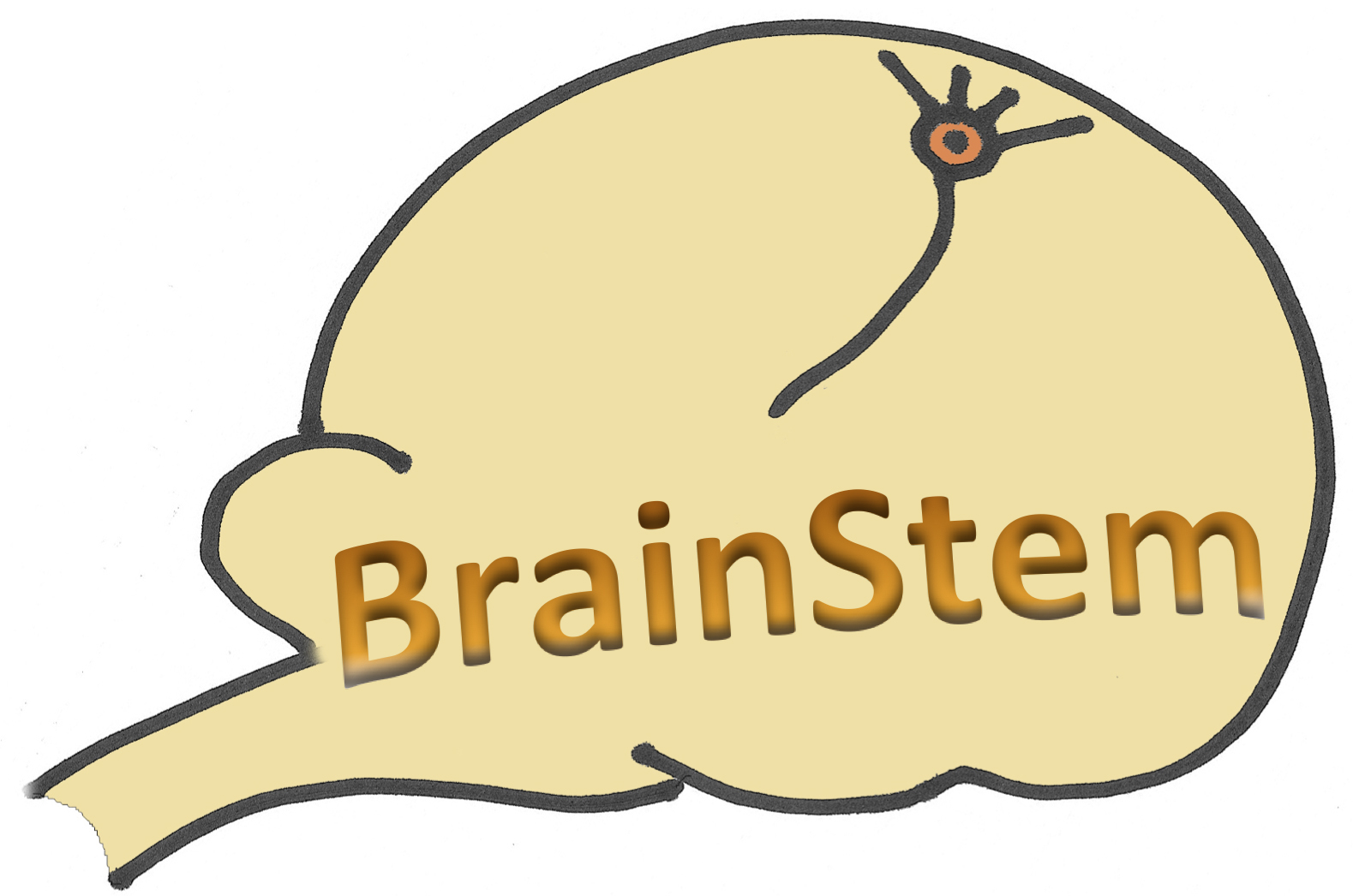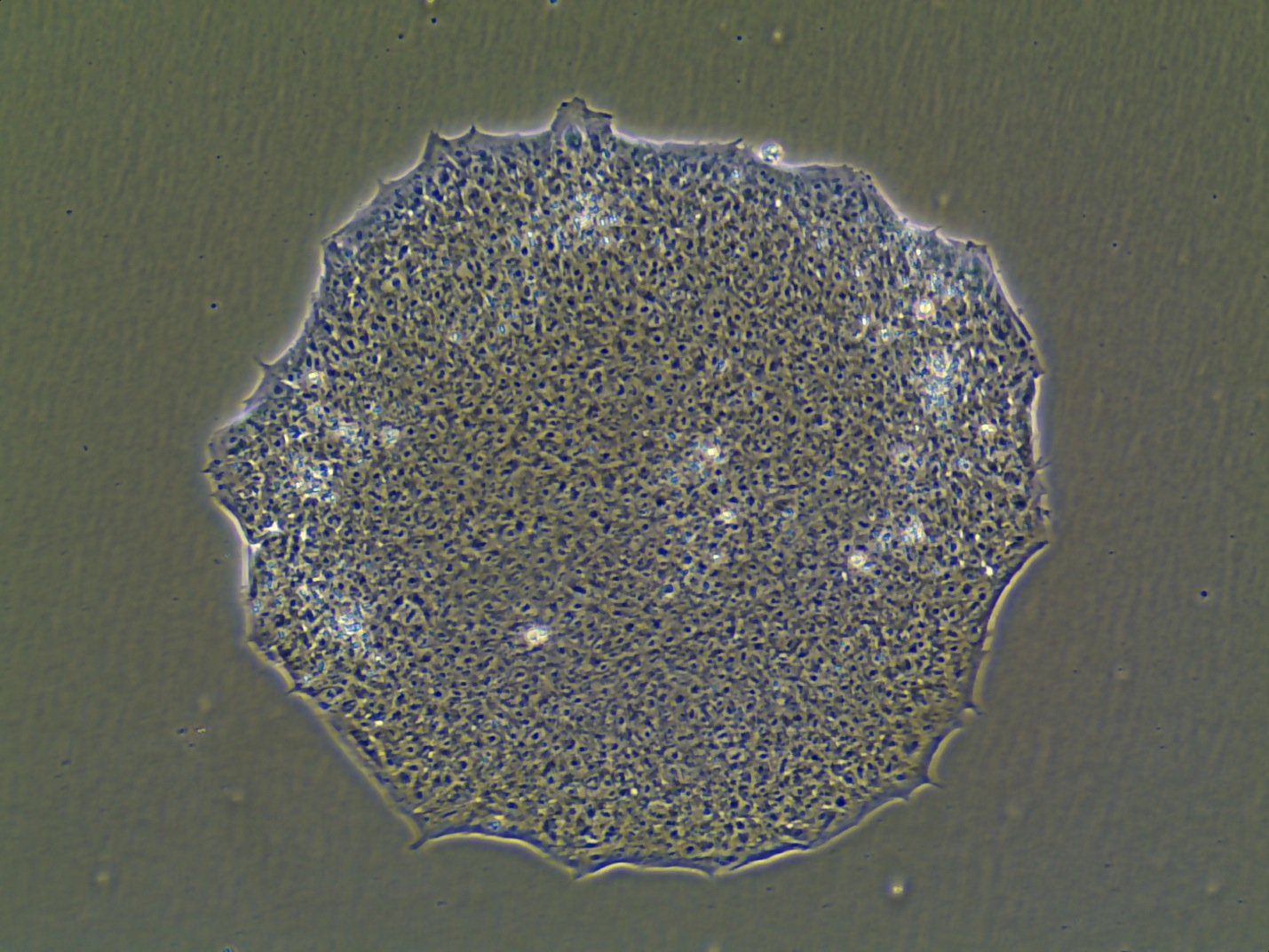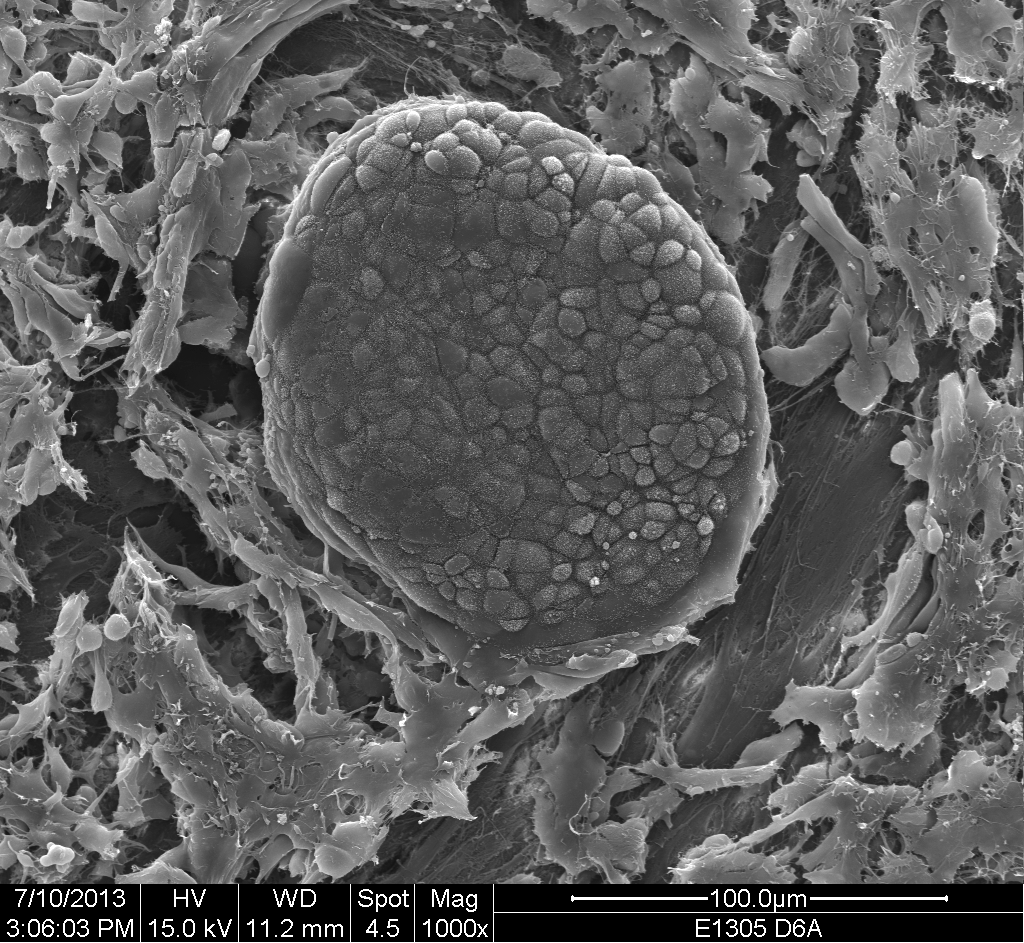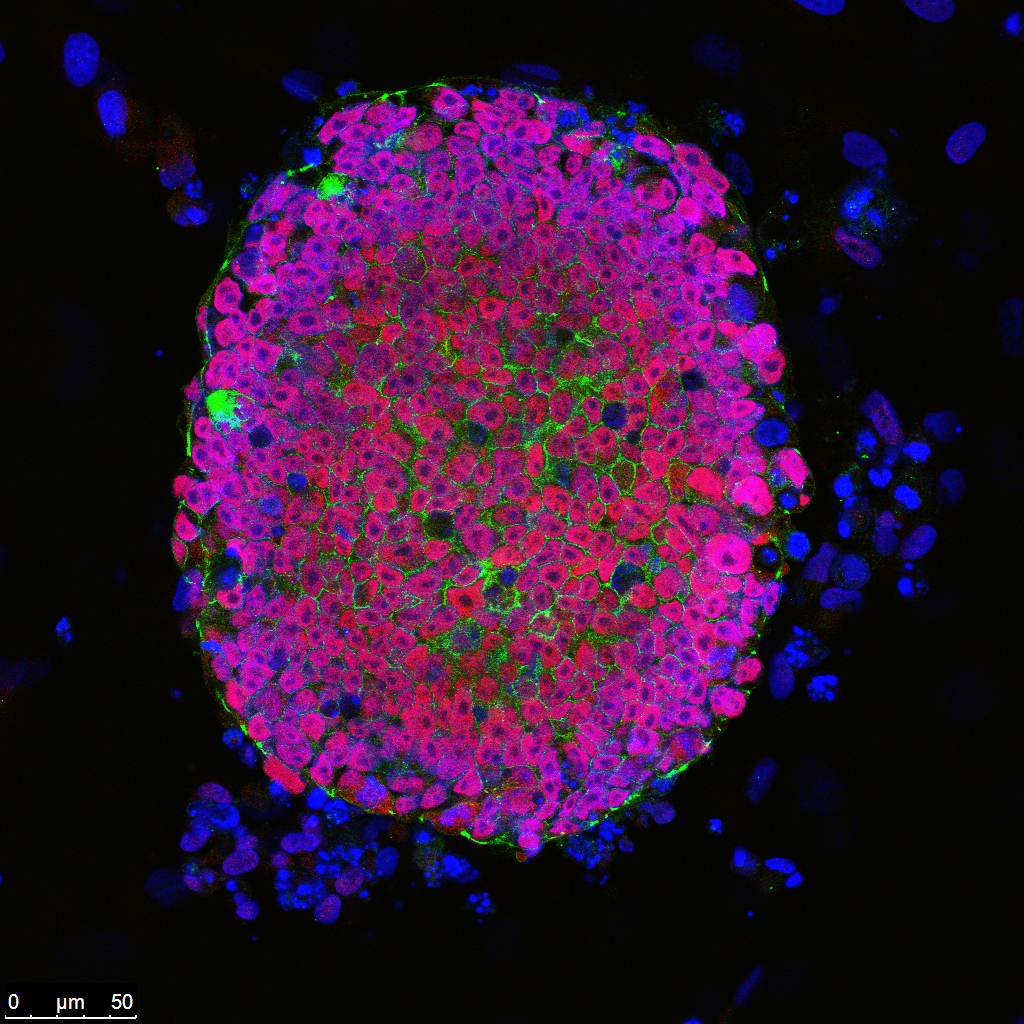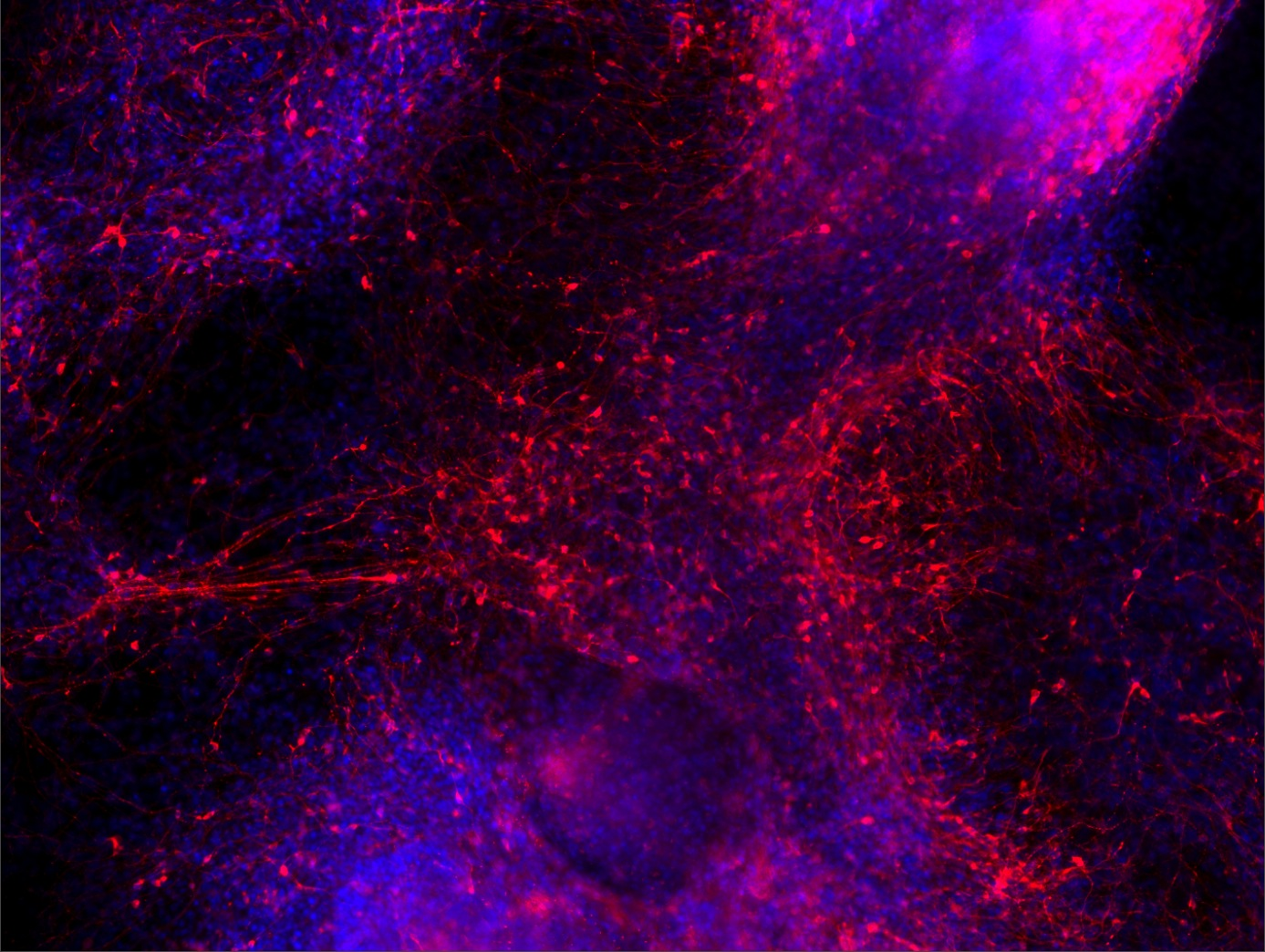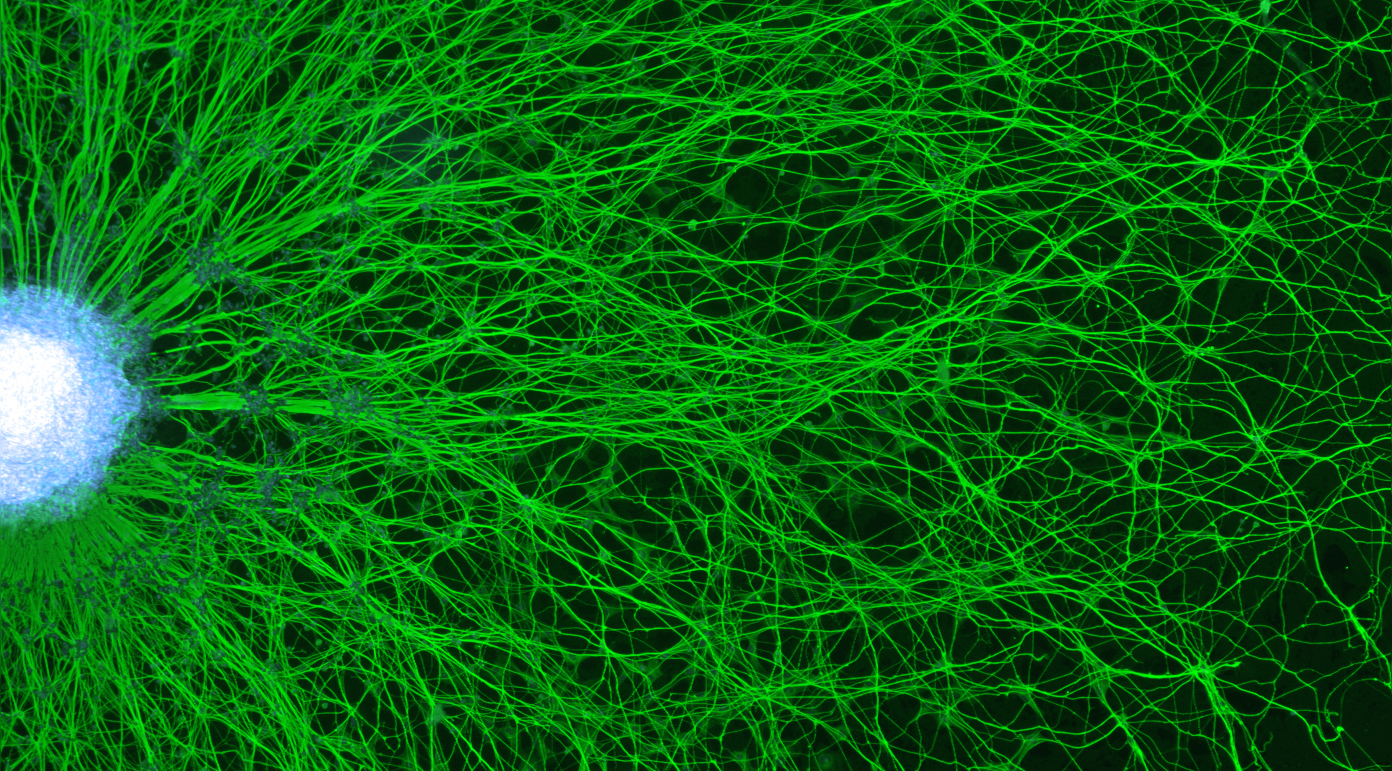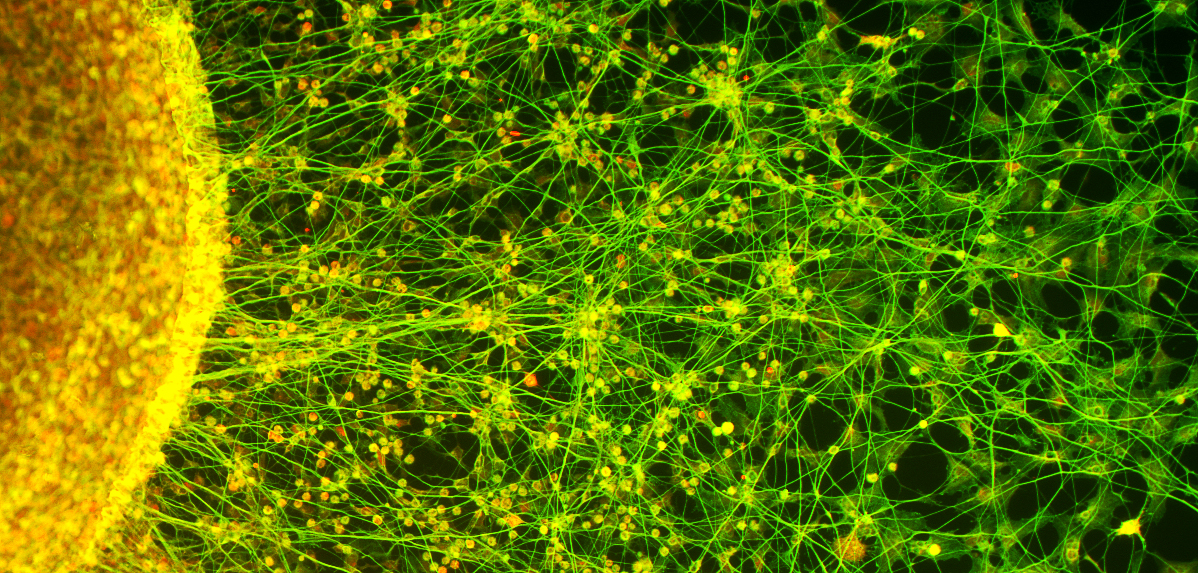Research
Our vision is to establish a Stem Cell Center of Excellence in neurology (BrainStem) across academia and industry. Disorders of the nervous system pose an exponentially growing health care challenge for all Western countries including Denmark. BrainStem’s overall goal is to conduct ground-breaking stem cell research with relevance for neurodegenerative diseases, particularly Alzheimer’s disease (AD), frontotemporal dementia (FTD), and Parkinson’s disease (PD) based on up-to-date ethical guidelines. BrainStem has a strong translational goal: The research activities begin with patients and aim at ultimately benefitting the patients. The overall hypothesis of BrainStem is that patient-specific induced pluripotent stem cell (iPSC) lines and subsequent neural differentiation can provide unique in vitro and in vivo models recapitulating the patient’s disease. In BrainStem, we have a unique possibility of linking the in vitro disease phenotype to the patient’s disease progression and characteristics of blood and cerebrospinal fluid (CSF). BrainStem will address ethical issues related to the use of patient-derived stem cells and stem cell banking, as well as promote an active dialogue with civil society stakeholders. Our models can pave the way for investigating the cellular and molecular mechanisms underlying AD, FTD, and PD and for development of novel drugs with effect on these diseases including more individualised medical interventions. Moreover, we also hypothesize that the iPSC-derived in vitro cell models can be used for earlier and stratified diagnostics of AD. The BrainStem consortium unites internationally recognized and complementary research groups and is based on existing competences and cell lines produced by the partners, some of which are already collaborating in on-going research programs.
Objective of the project
The key objective of BrainStem is to improve therapy and diagnostics of AD, FTD, and PD by development and application of patient-specific iPSC-derived in vitro and in vivo models. Scientifically, the objective is to use these models to investigate molecular and cellular disease mechanisms in patient-specific neurons and glial cells by applying front-line methodologies in transcriptomics and proteomics. This includes the development of improved protocols for in vitro neural differentiation, derivation of gene-edited control and disease cell lines, as well as aggravation of molecular pathology by genetic modification. Industrially, the objective is to use the established in vitro and in vivo models and the generated knowledge for identifying new targets and validating existing drug targets. Societally, the objective is to use the iPSC in vitro cell models for development of cell-based tools for earlier and stratified AD diagnosis, and thus enhanced treatment outcome, life quality, and reduced health care budgets. Ethically, we will analyse and propose strategies for how to deal with issues with broad societal significance, focusing on concerns over privacy and autonomy when obtaining consent for biobanking. Thus, BrainStem will directly use patient-specific stem cell tools for improved and sustainable treatment and diagnostics providing exciting industrial opportunities.
